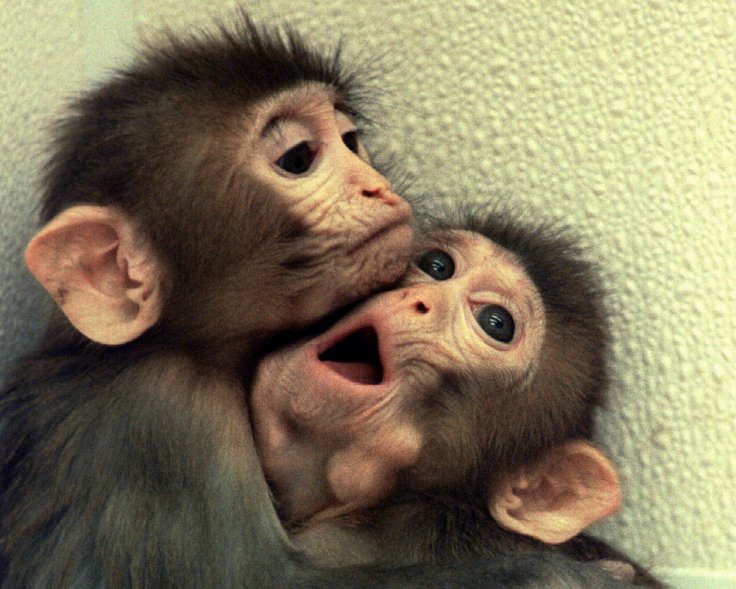
It's a known fact that each year, in the US laboratories, millions of animals, including mice, rats, frogs, dogs, cats, rabbits, hamsters, guinea pigs and monkeys were killed for medical training, curiosity-driven experimentations and chemical, drug, food, and cosmetics testing. But this time seven infant monkeys were killed accidentally at one of the largest primate research centres.
As per the internal documents, the baby monkeys died at the University of California, Davis campus primate research laboratory after their mothers were marked with dye at the research centre.
After the process of marking, when the female macaques were reunited with their infants, the mothers inadvertently transferred the dye that proved toxic to their children, who were not more than a few weeks old, except one, who was just a day old.
As per The Guardian, the research centre authority has reported this unintentional event to federal authorities in April 2018 and this year they sent a letter with further details on that incident.
UC Davis has mentioned in the document, addressed to the federal watchdog Office of Laboratory Animal Welfare (OLAW) that two of the baby monkeys were found to have "generalized weakness and respiratory distress", as the inspectors found dye on their lips and tongues.
The document also revealed that both infants had acute edema and swelling of the larynx as well as tongue and despite conducting emergency treatment, they could not survive, while other infants were either found dead or were in such a poor health condition that they were euthanized upon arrival at the hospital.
In addition to that letter, the US Davis reported that all those deceased infants were found with some amount of dye on their fur, skin or around the mouth, which probably triggered such a deadly allergic reaction.
However, in a letter to Prasat Mohapatra, the Vice Chancellor for Research at US Davis, OLAW's Deputy Director Axel Wolff stated: "To prevent a recurrence, infants aged six months or younger will not be marked with dye, any infant the that must be marked will be given the original formulation, heat sources will be used when processing animals in cool weather, anaesthetized mothers and babies will be kept apart until recovered to minimize dye transfer and excess dye will be wiped off."
It is a huge tragedy for a UC Davis, which had about 4,200 primates, mostly rhesus macaques. The research centre keeps experimenting on HIV Aids and Zika virus, as well as respiratory disease, reproductive health, Alzheimers and ageing.
It should be noted that in 2005, seven monkeys died from apparent heat exposure, while those animals were under the supervision of US Davis and the US Department of Agriculture handed them a $4,815 fine.
However, after the recent incident the a UC Davis spokesman, quoting the research centre, stated. "We strive to take the best possible care of animals in our charge," while adding that many of the captive primates are kept in extended family groups, receiving regular medical attention and can live for up to 38 years, which is double the expected lifespan in the wild.








